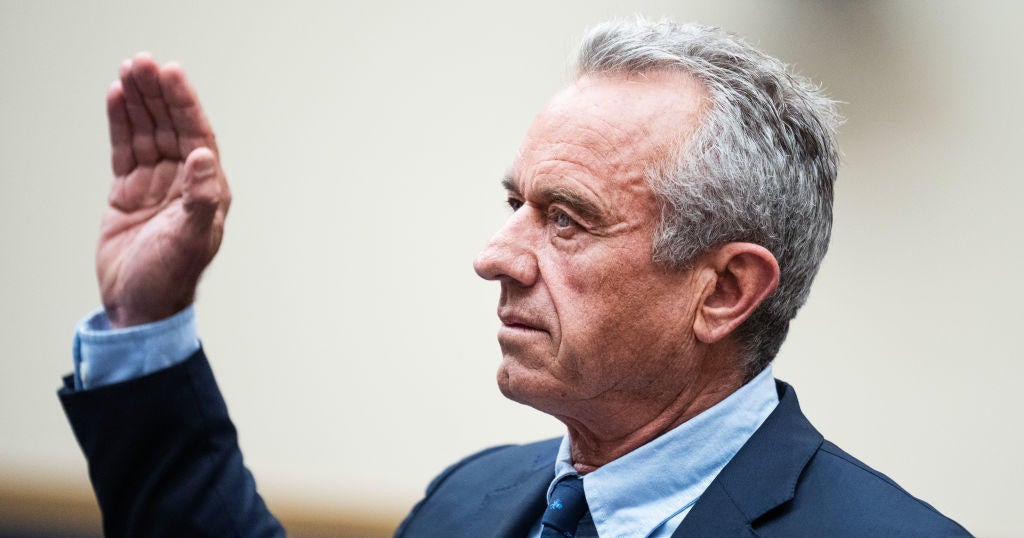Robert F. Kennedy Jr. vigorously defended himself against accusations of promoting racist and hateful conspiracy theories during a House hearing on government censorship. Despite calls to disinvite Kennedy due to recent antisemitic remarks, the Republican-led Select Subcommittee on the Weaponization of the Federal Government amplified claims of unfair targeting by technology companies. Democrats argued that free speech comes with the responsibility to avoid spreading misinformation that incites violence.
Kennedy, invoking his family’s legacy, argued that these accusations were an attempt to censor a censorship hearing. He passionately denied that his statements were racist or antisemitic and stressed his belief in the First Amendment right to free speech.
Republicans, eager to support Kennedy’s long-shot Democratic primary challenge to President Biden, highlighted alleged examples of censorship during the hearing. However, Big Tech companies have consistently denied accusations of bias, asserting that they enforce their rules impartially. Researchers have also found no widespread evidence of social media platforms being biased against conservative content.
Del. Stacey Plaskett, the top Democrat on the House panel, criticized the Republican majority for providing a platform to promote conspiracy theories and bigotry. She warned about the danger of misinformation from foreign adversaries interfering in American elections.
During heated exchanges, Democrats urged Kennedy and Republicans to consider the consequences of their words and actions. They emphasized that hate speech can lead to real-world harm and mentioned the Pittsburgh synagogue shooting as just one example. Kennedy’s past comparisons between vaccines and the Holocaust were also scrutinized.
Kennedy’s organization, Children’s Health Defense, has a pending lawsuit against news organizations, including The Associated Press, accusing them of violating antitrust laws by combating misinformation about COVID-19 and vaccines.
Despite disagreement with Kennedy’s remarks, Chairman Jim Jordan and Speaker Kevin McCarthy affirmed their commitment to free speech and did not drop him from the panel.
The hearing aimed to investigate the relationship between the federal government and technology companies regarding the identification of false or misleading information. Section 230, a part of federal communications law, shields platforms like Twitter and Facebook from liability over user-generated content.
Witnesses at the hearing included Emma-Jo Morris from Breitbart News, who discussed her experience with an alleged censorship conspiracy, and D. John Sauer, a former solicitor general involved in a lawsuit against the Biden administration. Maya Wiley, the president and CEO of the Leadership Conference on Civil and Human Rights, emphasized the importance of factual information on social media platforms.
While the U.S. has been cautious about regulating social media giants, concerns about the impact of hate speech and misinformation on society persist.
Denial of responsibility! VigourTimes is an automatic aggregator of Global media. In each content, the hyperlink to the primary source is specified. All trademarks belong to their rightful owners, and all materials to their authors. For any complaint, please reach us at – [email protected]. We will take necessary action within 24 hours.


